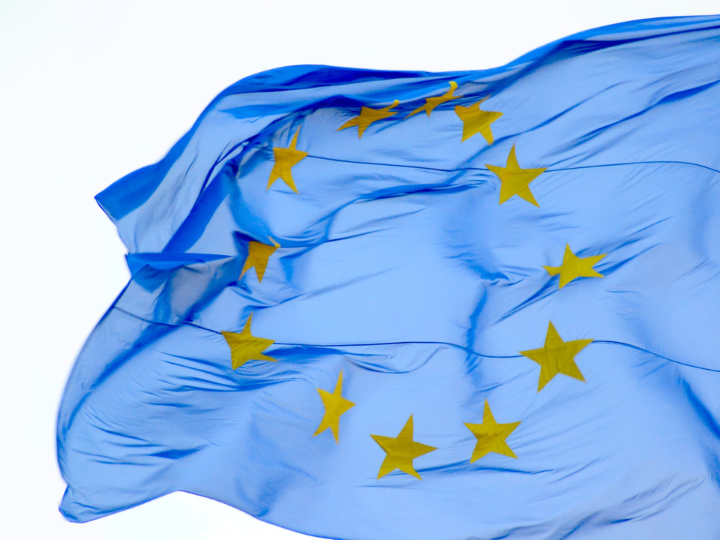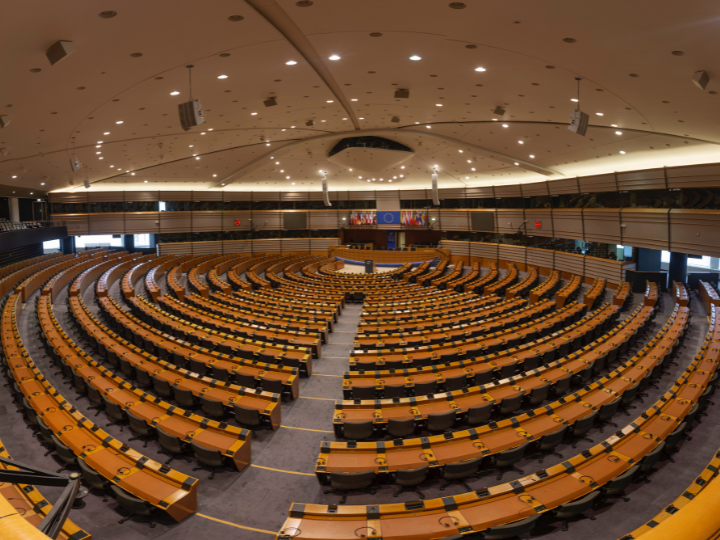N. Peter Kramer’s Weekly Column
As was to be expected, the ‘Conference on the Future of Europe’ (i.e. the European Union) turned out to be contrary to its whole original raison d’etre. Originally, it was seen as an opportunity for the European institutions to reach out to the broader population including those that oppose more powers for ‘Brussels’. It should have been a broad consultation on the EU’s direction for the coming years; a free debate in which different visions could be considered.
It is clear that, instead, it has been yet another attempt by political groups in the European Parliament to create the false impression that a consensus exists on the future of the EU, with no valid alternative to more centralisation and further limitation of the role of the Member States.
An unrepresentative group of citizens has been mobilised as a tool to legitimise these old premises. An agenda of giving ‘Brussels’ more powers was ruthlessly pushed through by the organisers of the Conference. But giving more and more power to the European level would only further distance citizens from the decision-making centre in Brussels, rather than bring the EU closer to them.
The Conference lasted barely a year; the first months were completely taken up with procedural wrangles: mainly attempts by the European Parliament to impose changes to enhance its ability to take control of the proceedings. This resulted in a rushed process that stifled real debate.
It also lacked public attention, almost nobody has heard of it despite the considerable financial resources and the slogan <Make your voice heard>. The communication flagship, a multilingual digital platform, registered only 52,000 participants, posting 22,000 comments.
It is clear that the conclusions of the Conference on the Future of Europe do not represent an expression of the will, nor the ideas, of the EU population!







